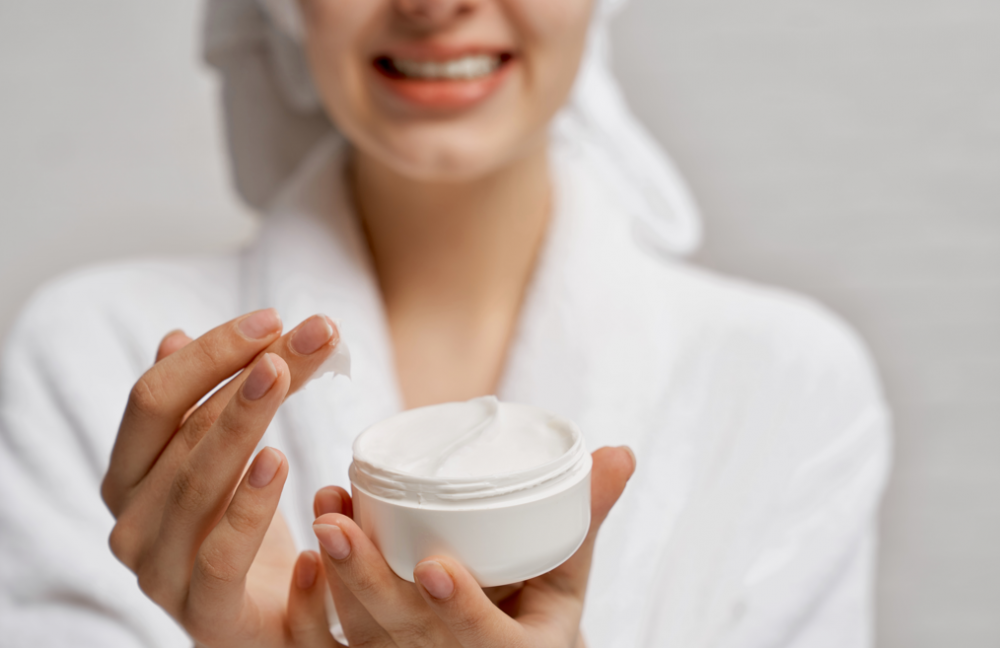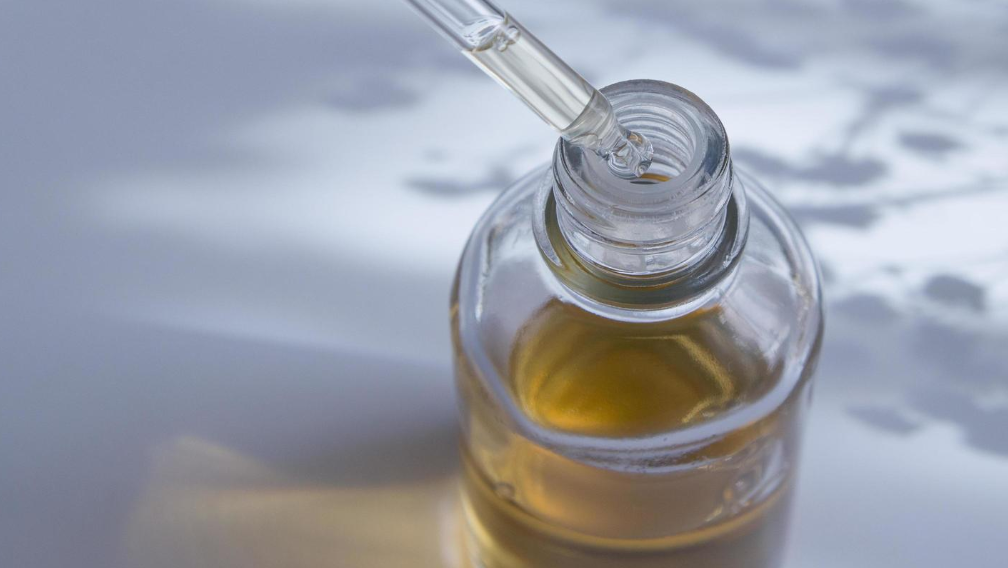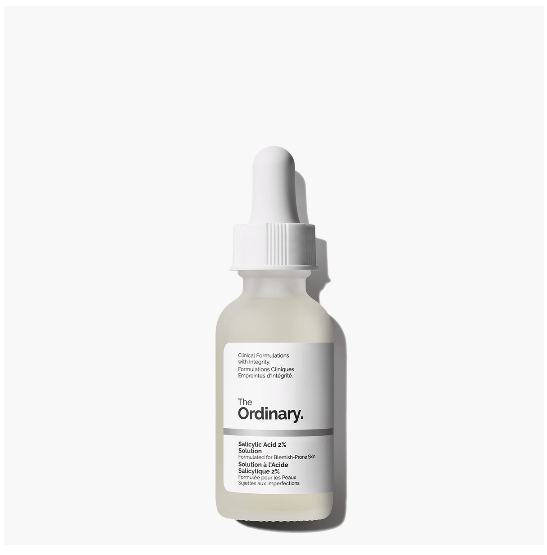Salicylic Acid Benefits for Skin: A Guide to Perfection

©️ ArtPhoto_studio / Freepik
If you have acne-prone skin, you have likely encountered salicylic acid benefits for skin as a label of many breakout-fighting cleansers and spot treatments.
However, if you are new to dealing with pimples or simply want to understand more about this powerful ingredient, rest assured that extensive research supports its reputation as one of the best treatments for acne.
Understanding skincare can be complex and highly personalized. There is no universal solution for all skin concerns, whether you’re addressing back acne or scalp acne.

To determine if salicylic acid is right for your skin, it’s essential to gather all relevant information and find what suits you best. We consulted leading dermatologists Ellen Marmur, MD, and Adarsh Vijay Mudgil, MD, to answer our questions about this hero ingredient.
What Is Salicylic Acid?
Salicylic acid, derived from willow tree bark, is a type of chemical exfoliant known as beta-hydroxy acid (BHA).
Unlike alpha-hydroxy acids (AHAs), which are water-soluble and exfoliate the skin’s surface, salicylic acid is oil-soluble, allowing it to penetrate deep into the pores and remove blockages. This property makes it highly effective at treating acne by exfoliating inside the pores and removing debris, sebum, and dead skin cells.
Salicylic Acid Benefits for Skin:
- Exfoliation: Salicylic acid is keratolytic, promoting cellular turnover and sloughing off dead skin cells to improve skin texture and dullness.
- Pore Cleansing: Its oil-soluble nature helps it penetrate pores, loosen debris, and remove the contents of clogged pores, effectively treating whiteheads, blackheads, and small red pimples.
- Oil Reduction: By cleaning out excess sebum from the pores, salicylic acid reduces oiliness and improves the appearance of pores.
- Acne Prevention: It targets whiteheads and blackheads, preventing them from returning and combating future acne breakouts.
- Pore Minimization: As an astringent, it tightens the skin and reduces the appearance of pores.
- Anti-Inflammatory Properties: Belonging to the same class of drugs as aspirin, salicylic acid helps reduce inflammation and redness.

How to Use Salicylic Acid Benefits for Skin Perfection
According to Dr. Marmur, salicylic acid should be used in moderation to ensure your skin can tolerate it without irritation. If tolerated well, you can increase the frequency of use, but it should only be applied at night, to reduce sun exposure.
Dr. Mudgil advises listening to your skin and adjusting usage based on its response. Overuse can lead to irritation, so it’s essential to follow the directions provided by your dermatologist.
While salicylic acid comes in various forms like cleansers, toners, serums, and peels, targeting specific skincare concerns, some products can be quite harsh. Be cautious when choosing one!

Potential Side Effects
If you have oily skin, salicylic acid might be the solution you’ve been looking for. For individuals with dry, eczema-prone, or sensitive skin, it may be too harsh and cause irritation. Common side effects include dry, burning, and irritated skin, especially at the start of treatment. If these side effects persist, consult your dermatologist.
Additionally, salicylic acid can make your skin more sensitive to sunlight, so limiting sun exposure and using sunscreen is crucial.
Final Takeaway: While salicylic acid is a reliable option for treating superficial acne, it may not be suitable for everyone. Prescription medications might be necessary for more severe cases like cystic acne. Consult a dermatologist to determine the best treatment plan for your skin type and concerns. For best results with salicylic acid, incorporate it carefully into your routine and consider consulting a professional.
You might also like to read: Can Castor Oil Really Provide Benefits?


